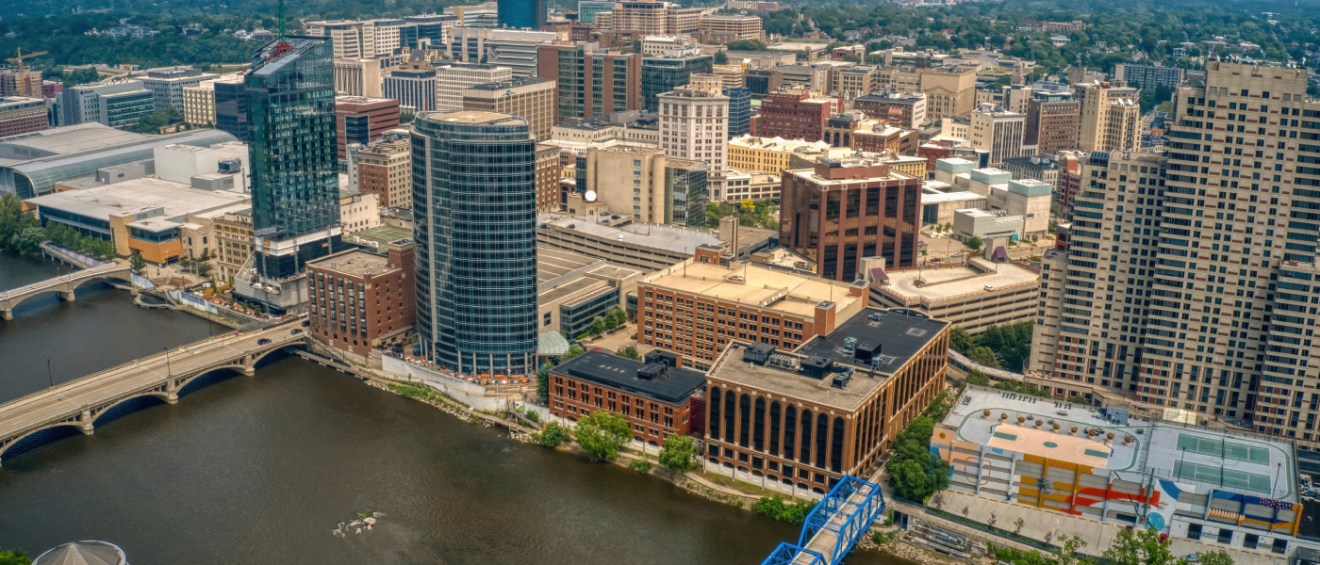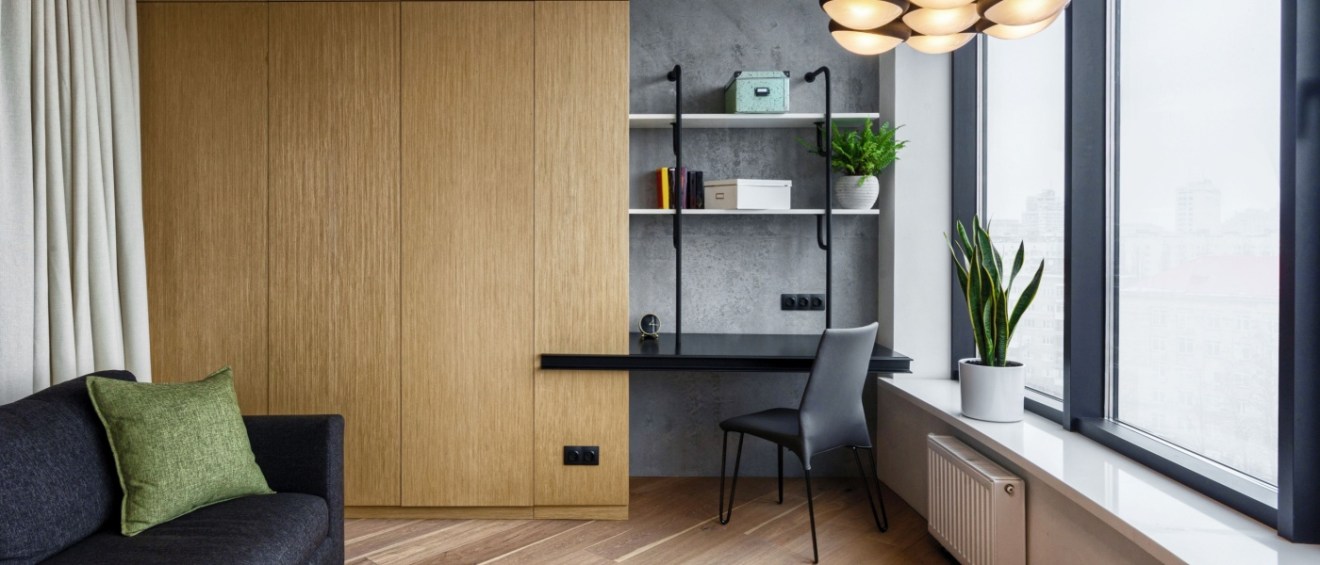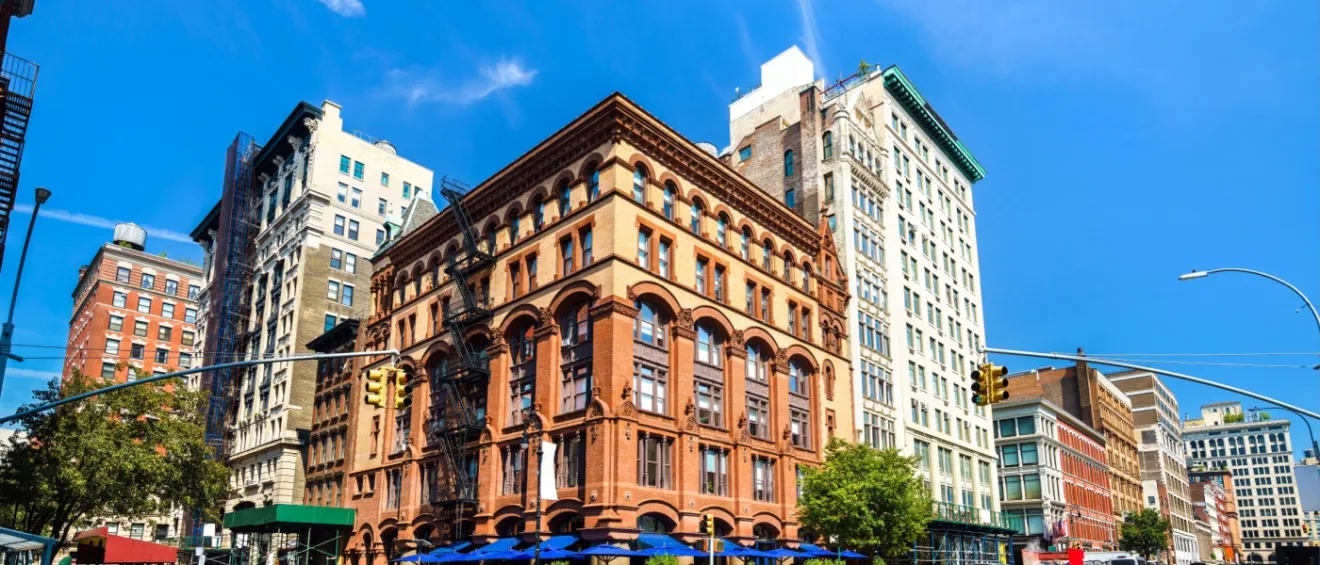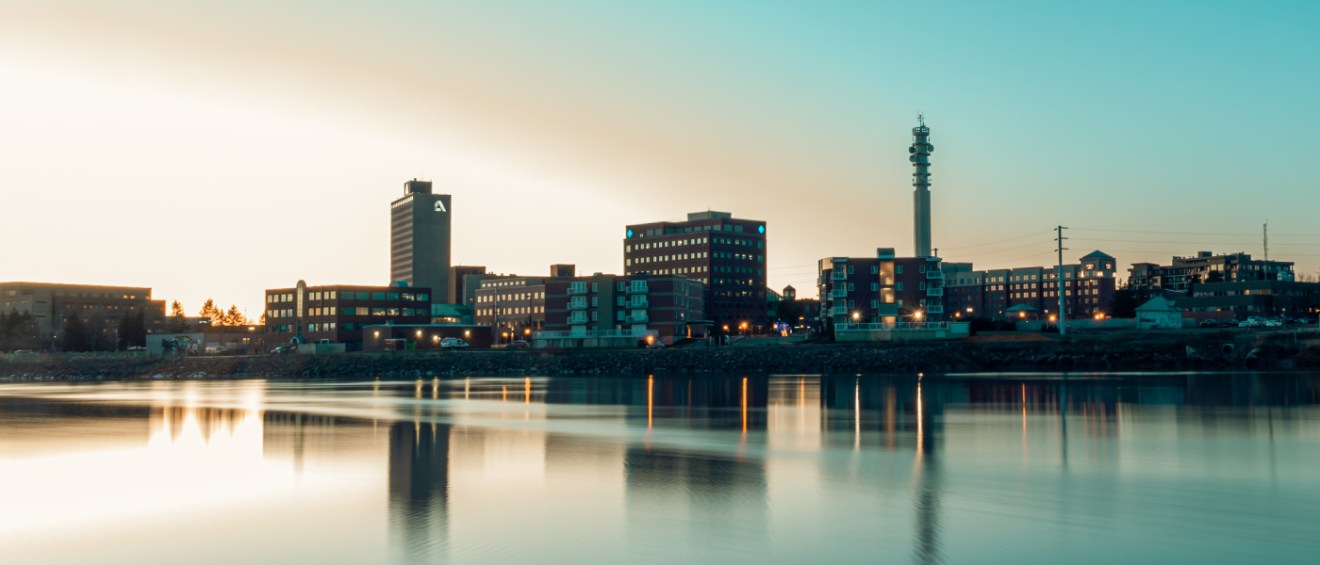How to prevent your apartment from becoming uninhabitable
Share this article:
Most renters will never face a situation where their home becomes truly unlivable. Still, understanding what makes an apartment uninhabitable can help you know what to do if something ever does go wrong.
The good news is that most apartment problems are fixable. A leaky faucet, a drafty window, or even a short-term power outage doesn’t make a home uninhabitable. Those are rather common maintenance issues.
But in rare cases where conditions seriously affect your health or safety, it’s important to know how to respond quickly and confidently. We’ll break down the problems that make an apartment uninhabitable.
What kinds of issues can make an apartment uninhabitable?
Most apartments stay in good condition with regular upkeep. Still, here are a few examples of situations that could cross the line into “uninhabitable”:
- No heat in winter: If your heating system breaks down and isn’t fixed within a reasonable time, it can make the space unsafe, especially during cold weather.
- No running water or working plumbing: Every renter needs access to clean water and functioning bathrooms.
- Serious structural damage: A ceiling that’s collapsing or walls cracking from water damage can pose real danger.
- Serious infestations: These can cause health problems and indicate larger maintenance failures.
- Electrical hazards: Exposed wires or frequent power failures are major safety risks.
- Broken locks or unsecured doors and windows: If your apartment can’t be locked properly, it fails to meet safety requirements.
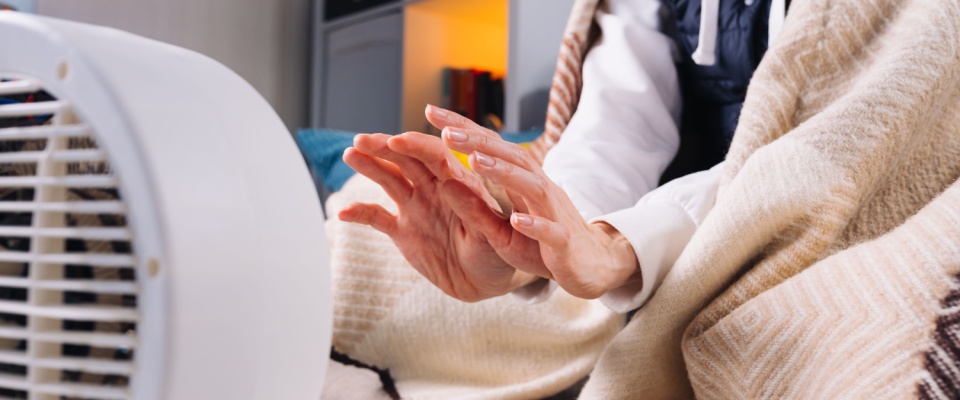
These situations don’t happen often, but when they do, report them immediately so repairs can be scheduled. Contact your landlord or property manager as soon as possible to keep yourself and the property safe.
How do you know when something is serious enough?
Not every maintenance issue means your apartment is uninhabitable. The difference often comes down to how much the issue affects your ability to live safely and comfortably in the apartment.
You, your landlord, or a handyman can fix minor problems like a flickering light or a slow drain quickly, as they don’t make a home unsafe. However, if a problem disrupts essential services such as electricity, heating, or running water for an extended period, or if it poses a possible health or safety concern, it may be considered serious.
The best approach is to communicate with your landlord or property manager as soon as a serious issue appears. Describe what’s happening, share photos if helpful, and ask when repairs can be made.
If you’re unsure whether a situation could affect your health or safety, you can also contact a trusted professional for guidance. Clear communication and proper documentation help ensure that both you and your landlord can work together to resolve issues effectively.
What are your options if your apartment becomes uninhabitable?
If an apartment becomes temporarily unlivable due to damage or loss of essential services, renters and landlords can usually work together on the next steps. Common options include:
- Arranging for repairs within a reasonable time frame.
- Discussing temporary relocation if you can’t live in the apartment during repairs.
- Considering lease adjustments or agreements if the situation takes longer to resolve.
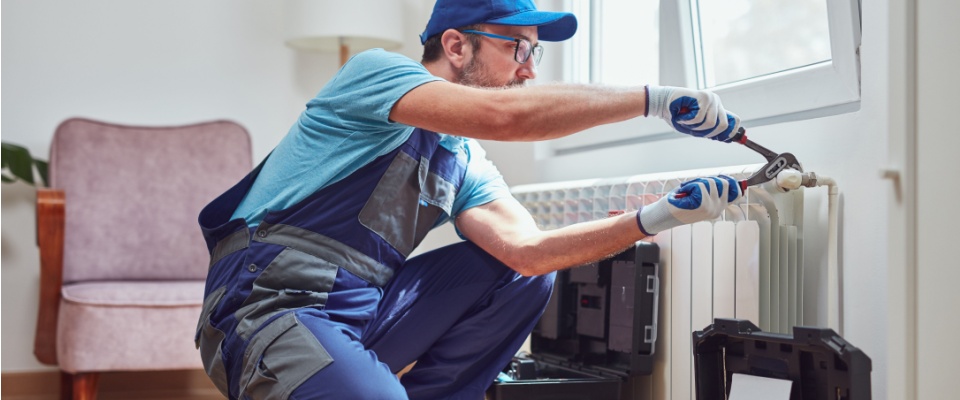
Can renters insurance help in these situations?
Yes. If an apartment becomes uninhabitable due to a covered event like a fire or storm damage, renters insurance may cover:
- Temporary housing costs while repairs are made
- Replacement of personal items damaged by the incident
- Other living expenses resulting from the event
Having renters insurance can make recovery easier and minimize financial stress during unexpected situations.
How can you help prevent uninhabitable conditions?
Most serious issues can be avoided with simple, regular maintenance and communication. Here’s how to stay ahead:
- Report problems early; small issues like leaks, strange smells, or broken systems can grow quickly.
- Keep your apartment ventilated to prevent mold and moisture buildup.
- Test smoke alarms and check for visible wiring problems regularly.
- Use appliances and utilities safely and according to manufacturer guidelines.
- Review your renters insurance coverage and keep it up to date.

While it’s good to know what makes an apartment uninhabitable, remember that these cases are rare. Most landlords want to keep their properties in good condition, and most renters care for their apartments responsibly.
The key is awareness: knowing what to look for, when to act, and how to protect yourself if something serious happens. By staying informed and proactive, you can enjoy your home and handle any problem that comes your way with confidence and clarity.
Share this article:
Roxana Nica is a senior real estate writer with RentCafe and ResidentShield, bringing over six years of experience in crafting digital content across various consumer industries, including fashion and interior furnishings. She develops resources that address the everyday needs of renters, from smart living tips to navigating residential services. Roxana holds a B.A. in International Relations and an M.A. in Advertising.
The Ready Renter has your back
Tips, news, and research curated for renters, straight to your inbox.




Related posts
Subscribe to
The Ready Renter newsletter



